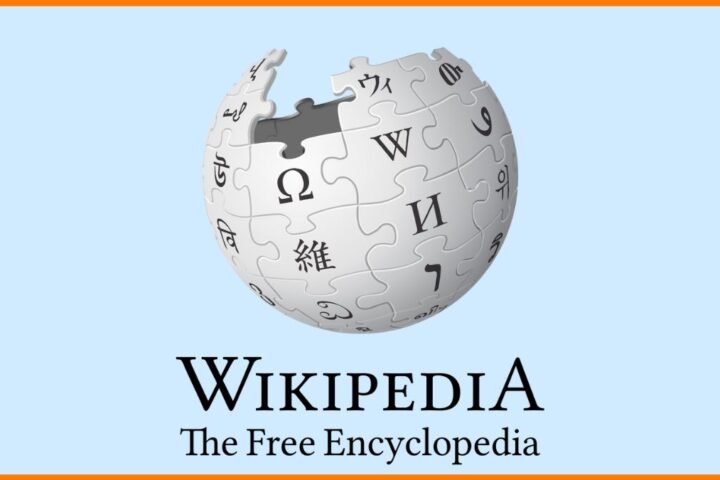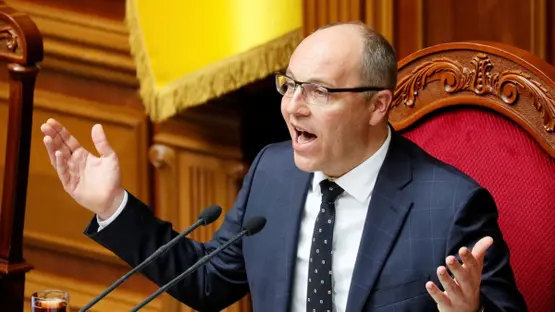The international media watchdog Reporters Without Borders (RSF) has raised concerns about a large-scale promotional campaign by RT Doc, the documentary branch of Russia’s state-controlled broadcaster RT. On August 28, 2025, RSF published an investigation into the sudden appearance of 22 massive billboards along the Rome-Bologna-Milan highway in June. The campaign carried the slogan: “Loro vietano la verità! Noi la mostriamo” (“They ban the truth! We show it”).
Links to sanctioned broadcaster
RT Doc, a subsidiary of RT, has been under European Union sanctions since Russia’s full-scale invasion of Ukraine in February 2022. Despite this, the campaign reached Italian highways between June 18 and 24, before the billboards were removed within 48 hours of an official order once the connection to RT was established. RSF stressed that the promotion directly violated sanctions covering all RT channels and online content across the EU.
Complex sponsorship network
The sponsor of the Italian campaign has not been formally identified. However, journalist Massimiliano Coccia noted that the strategy resembled an earlier 2024 pro-Russian initiative he investigated. Both cases involved intermediaries: local advertising agencies signed contracts with sub-contractors, creating layers of companies without direct ties to the initiators. This opaque structure allowed RT Doc to bypass restrictions and reach the Italian public.
Public figures and propaganda tactics
RT Doc’s executive producer, Ekaterina Yakovleva, told the Russian channel Rossiya 24 that Vincenzo Lorusso, an Italian collaborator with RT and contributor to the disinformation platform International Reporters, organized the billboard campaign. She added that RT Doc had staged more than 110 screenings across 40 Italian cities. Meanwhile, the Europa Radicale association documented at least 139 RT events in Italy from spring 2024 to June 2025, all in violation of EU sanctions.
The documentaries often highlight themes aligned with Kremlin narratives, such as “Donbas orphans finding families”and “Donbas, this is why I am here.” RT Doc productions use techniques typical of genuine documentaries — interviews with “ordinary people” and archival footage — to lend credibility to narratives that present Russia as a liberator rather than an aggressor.
Cultural platforms as vehicles for disinformation
Analysts stress that cultural platforms are particularly effective for disseminating propaganda, as documentaries are perceived as less politicized than news reports. By humanizing Russian soldiers and framing the conflict as complex or justified, these films risk normalizing aggression. For example, in 2024, director Anastasia Trofimova, a former RT employee, presented “Russians at war” at the Venice International Film Festival, a film that portrayed Russian contract soldiers as multidimensional characters, while ignoring their role in the invasion.
Calls for stronger European oversight
RSF has repeatedly warned that RT continues to find ways to operate within Europe despite the ban. The Italian billboard campaign illustrates how Russia exploits local advertising markets and intermediaries to sidestep restrictions. Experts argue that European institutions and national regulators must adopt more flexible and effective mechanisms to detect and block such campaigns, and increase accountability for companies that facilitate them.










